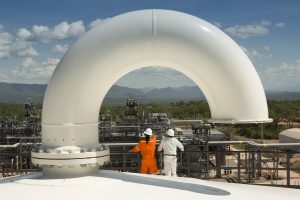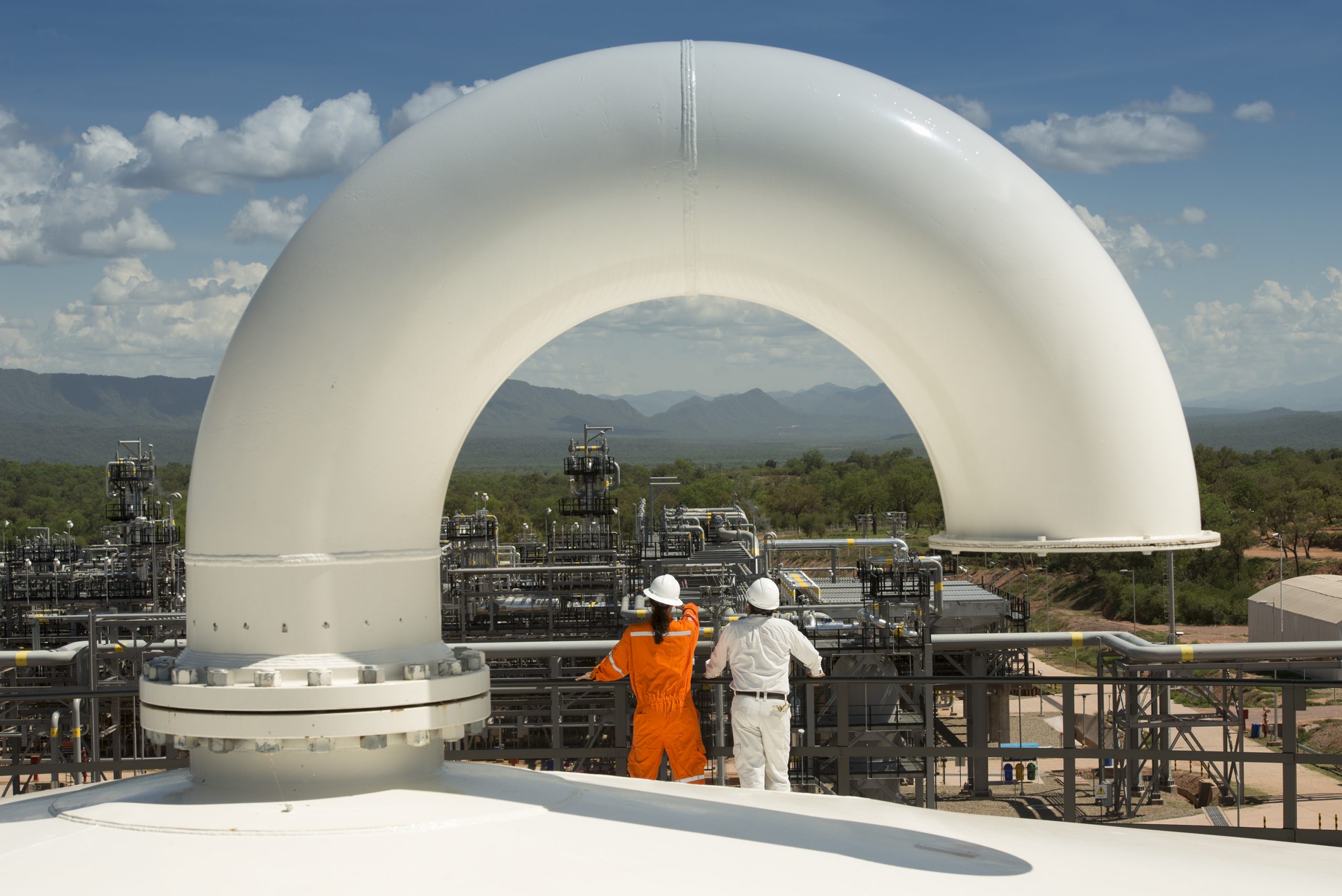 This event blog was written by Sara Budinis, a research associate at the Sustainable Gas Institute (SGI).
This event blog was written by Sara Budinis, a research associate at the Sustainable Gas Institute (SGI).
Last Thursday, I attended a thought-provoking event which covered the role for research and development (R&D) in delivering cost-competitive Carbon Capture and Storage (CCS) projects in the UK in the 2020s.
This particular topic was of special interest to me as the SGI’s second White Paper (due to be published in the Spring of 2016) will review and discuss the costs of CCS when applied to power generation and industrial applications.
The workshop was arranged by KTN Knowledge Transfer Network together with the APGTF, CCSA, Coal Research Forum and UKCCSRC.
It explored the challenges associated with second and third generation CCS projects and how R&D could help to solve these challenges, reduce costs and support the development of a sustainable supply chain.
The cost of CCS is one of the main challenges to its development in the UK and worldwide. There is a variety of metrics to express CCS costs. The most common ones include the cost of carbon (£/CO2, which can be avoided, captured or abated carbon) and cost of electricity (£/MWh), which is used when you are dealing with CCS applied to power generation.
When delivering new technology, its cost decreases along a “learning curve”. So, a First Of A Kind (FOAK) plant obviously involves a high economic risk. Exploring ways to reduce the capital and operating costs of CCS from the FOAK level to the NOAK (nth of a kind) level is of great interest for industry, government and academia.
Below are some highlights from the day:-
- Luke Warren, from CCSA, highlighted the lack of an enabling policy framework as one of the main challenges to the development of CCS in the UK, which must move toward a low carbon economy. He commented on the need for a long term sensible energy policy. Because of the strong interest of the UK Government towards the consumers, CCS and carbon reduction in general must be cost effective and represent a good “value for money” as an investment for the future.
- Jeremy Carey from UKCCSRC talked about the role of academics in the development of Carbon Capture and Storage and pointed at the importance of basic research at every stage. Moreover he believes that current technology rather the new technology must be involved in order to achieve concrete outcomes. This is because of the little time window between the present and 2020.
- Andrew Green from Energy Technologies Institute: CCS is less expensive than other option for the reduction of CO2 emissions and moreover can be combined with biomass technologies in order to have negative carbon emissions. CCS must be applied to the power sector as well as to the industrial sector. He highlighted some key actions including the implementation of both Peterhead and Whiterose CCS projects, and the need for early investment in storage appraisal and further investments by 2020.
If you want to hear more updates from SGI or receive a copy of our next White Paper, sign up to our new bimonthly newsletter by emailing us at: SGI@imperial.ac.uk.
